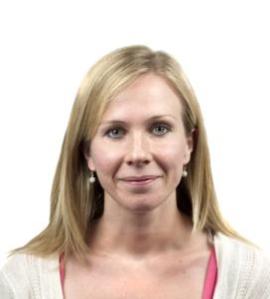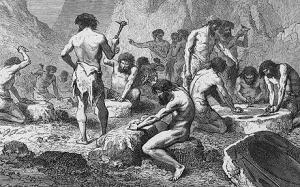Today Jisc welcomed reforms to copyright law that expand the ability of ‘authorised bodies’, including colleges and universities, to copy work and make it more accessible for disabled people. It does this by removing previous legal restrictions on what can be copied and by whom.
All disabled people, regardless of impairment, are now covered by the legislation where their impairment affects their ability to access work on an equal basis to someone without the impairment. The previous law restricted the exception to visually impaired persons only. This brings the law more in line with the Equality Act 2010 definition of disability and means, for example, that students with dyslexia, are now covered by the exception. All copyright work is now covered, including recordings of performances and broadcasts, film and video clips.
Betty Willder, legal information specialist, Jisc Legal said: “Universities and colleges, as authorised bodies under the reforms, can now make more materials than ever accessible to disabled students. They can for example now subtitle a lawful broadcast or a video clip for disabled learners, where there is no commercial alternative available, without risk of infringing copyright. These changes are a positive step forward in bringing copyright law up-to-date with the digital learning environment and accessibility needs.”
Alistair McNaught, senior adviser, Jisc TechDis said: “These changes are of great significance to library and disability staff in higher and further education. They can now support learners more quickly and confidently because the law is more inclusive and much clearer. The challenge now is to encourage more disabled learners to take advantage of the opportunities presented by alternative formats. Increasing demand will create the incentive for suppliers to make their mainstream products more accessible at source.”
Jisc is providing support and guidance for UK colleges and universities on the changes.
With thanks to our colleagues in Bournemouth University Library.



 A few members of Additional Learning Support attended the Festival of Learning session “Oh for a good night’s sleep!” last week.
A few members of Additional Learning Support attended the Festival of Learning session “Oh for a good night’s sleep!” last week.



